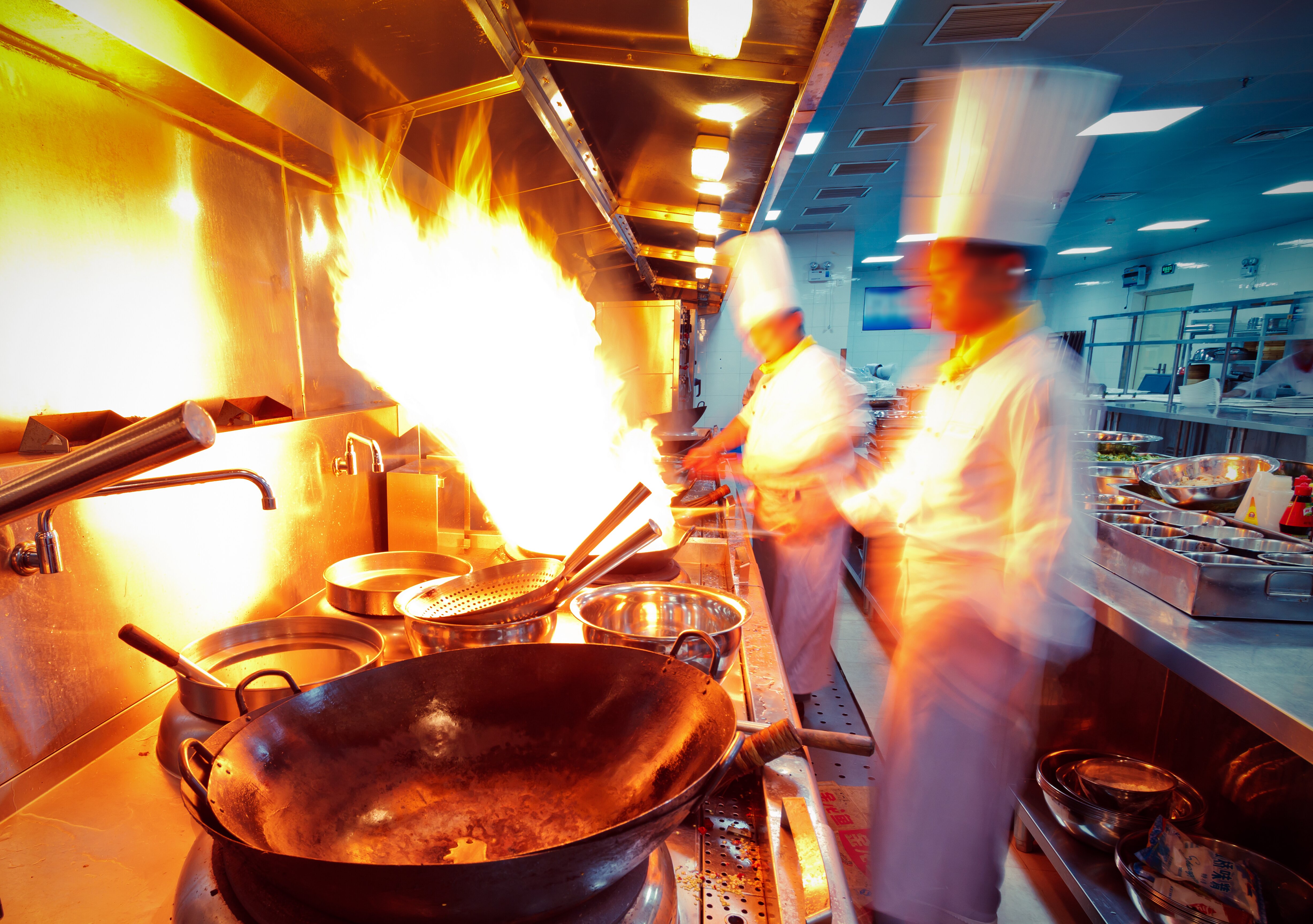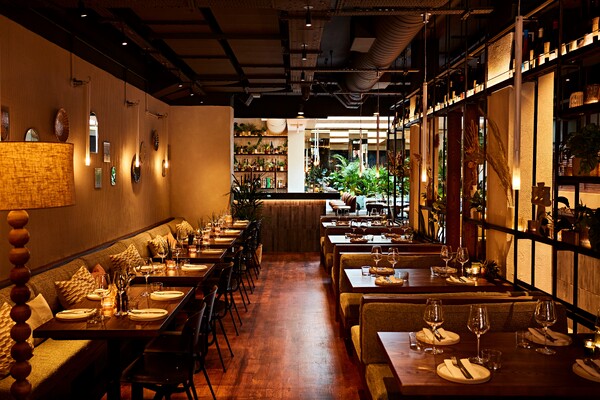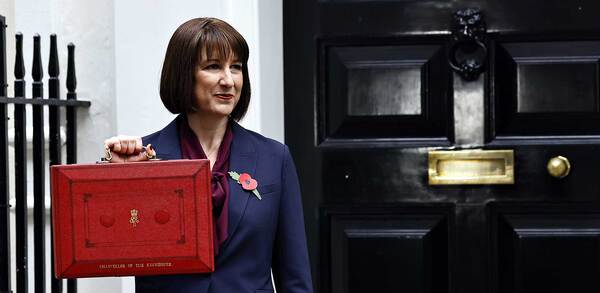Wake-up call: do you know the new immigration laws around skilled chefs?
The Shortage Occupation List can offer opportunities for skilled chefs and understaffed operators, but it’s important to be clued up on the relevant immigration laws. Chetal Patel explains the risks
The problem
An employer registered as a Home Office-licensed sponsor has employed a head chef to work in its Cantonese restaurant in Mayfair. The restaurant’s website indicates it has a takeaway service and, when interviewed by a Home Office compliance officer, the chef confirms she cooks for customers in the restaurant and takeaway. Alarm bells would have rung in the past, but not now.
The law
Changes which came into force on 6 October 2019 mean that non-EEA national skilled chefs who meet the Shortage Occupation List’s (SOL) qualifying criteria can work for licensed sponsors that provide a takeaway service. Jobs listed in the SOL are ones where there are not enough settled workers to fill the job vacancies.
A skilled chef’s role is defined as one where:
- The pay is at least £29,570 per year after deductions for accommodation, meals, etc; and
- The job requires five or more years’ relevant experience in a role of at least equivalent status to the one they are entering; and
- The job is not in either a fast-food or standard fare outlet.
The job must be in one of the following roles:
- Executive chef – limited to one per establishment
- Head chef – limited to one per establishment
- Sous chef – limited to one for every four kitchen staff per establishment
- Specialist chef – limited to one per speciality per establishment.
Expert advice
Carefully consider if the job meets the SOL requirements.The restrictions on the job not being in a fast-food outlet or standard fare outlet remain; however, these aren’t defined, so it’s open to interpretation as to what this means. It’s likely that the Home Office will assess this on a case-by-case basis.
There are a number of benefits to the job being listed on the SOL, including:
- Sponsors don’t need to undertake a resident labour market test, which involves advertising a vacant job for a minimum of 28 calendar days to settled workers. This could speed up the recruitment process as employers don’t need to undertake the prescriptive advertising requirements.
- Jobs are awarded more points if a monthly Restricted Certificate of Sponsorship (RCoS) is required. This priority allocation could be helpful if the cap on the monthly RCoS is reached.
- The Home Office’s visa application fees are lower for roles on the SOL.
To-do checklist
Care must be taken when assessing if a job meets the SOL requirements. Otherwise, the consequences of getting it wrong could be detrimental to not only the business, but also the sponsored chef. The Home Office could suspend the sponsor licence pending investigation or, in the more serious of cases, revoke the sponsor licence.
If the employer is seen to have employed a chef who is an illegal worker (ie, if they are working in a job that is not on the SOL), the employer could face a civil penalty of up to £20,000 for each illegal worker. They could also potentially face a criminal sanction for knowing or having reasonable cause to believe they were employing an illegal worker. The sanction for the criminal offence on conviction of indictment is up to five years’ imprisonment and/or an unlimited fine.
Not only that, but the immigration status of the sponsored chef could be curtailed in the event that they are found to be working illegally. More seriously, their wages could be seized under the Proceeds of Crime Act and they could also face up to 51 weeks’ imprisonment and/or an unlimited fine (in England and Wales).
An opportunity
This recent development is likely to be welcome news for sponsors in the hospitality industry and, given the importance of the gig economy in today’s market, the finest dining restaurants will be able to participate in delivery app-based ordering to meet growing consumer demand.
Contact
Chetal Patel is a partner in the immigration team at Bates Wells c.patel@bateswells.co.uk">c.patel@bateswells.co.uk



















